SAP Interview Questions And Answers In 2025
4.9 out of 5 based on 12478 votesLast updated on 7th May 2024 23.7K Views
- Bookmark

Discover comprehensive SAP interview questions and answers to ace your next interview. Prepare effectively and impress recruiters with your expertise.

Introduction
Navigating the intricate world of SAP (Systems, Applications, and Products in Data Processing) requires a deep understanding of its multifaceted components and functionalities. From freshers embarking on a SAP Certification journey in enterprise technology to seasoned professionals with years of hands-on experience, mastering SAP is essential for success in today's business landscape.
This guide presents a curated selection of SAP interview questions and concise answers tailored to different experience levels, facilitating preparation and confidence for aspiring SAP professionals.
Basic SAP Interview Questions And Answers
Here are some basic SAP interview questions and answers:
- What is SAP? (one of the most important SAP basic interview questions and answers)
SAP stands for Systems, Applications, and Products in Data Processing. It is a software suite that helps manage business operations and customer relations.
- What are the different modules in SAP?
SAP offers various modules catering to different business functions, including:
- SAP Finance (FI)
- SAP Controlling (CO)
- SAP Sales and Distribution (SD)
- SAP Material Management (MM)
- SAP Production Planning (PP)
- SAP Human Capital Management (HCM)
- SAP Quality Management (QM)
- SAP Plant Maintenance (PM)
- SAP Customer Relationship Management (CRM)
- SAP Business Warehouse (BW)
- SAP Supplier Relationship Management (SRM)
- What is an SAP transaction code?
Transaction codes are shortcuts used to access SAP programs. For example, transaction code "MM01" is used to create a material master record in SAP MM module.
- What is the SAP R/3 architecture?
SAP R/3 architecture is a three-tier architecture consisting of:
- Presentation layer (GUI)
- Application layer (where the business logic runs)
- Database layer (where the data is stored)
- What is SAP HANA?
SAP HANA is an in-memory database platform that is deployable as an on-premise appliance or in the cloud. It is designed to process high volumes of transactional data in real-time.
- What is the difference between SAP ECC and SAP S/4HANA?
SAP ECC (ERP Central Component) is the older version of SAP's ERP software, while SAP S/4HANA is the latest generation of SAP's ERP system. S/4HANA is built on the SAP HANA platform and offers improvements in speed, analytics, and user experience.
- What is an SAP ABAP? (important SAP interview questions and answers)
ABAP (Advanced Business Application Programming) is the programming language used for developing SAP applications. It is a high-level programming language created specifically for developing SAP applications.
- What is LSMW in SAP?
LSMW (Legacy System Migration Workbench) is a tool used for migrating data from legacy systems into SAP. It supports various methods for data migration, including batch input, direct input, BAPIs, and IDocs.
- What is SAP Fiori?
SAP Fiori is a collection of apps with a simple and easy-to-use interface for SAP software. It provides a personalized, role-based user experience across various devices.
- What is SAP NetWeaver?
SAP NetWeaver is an integration and application platform that serves as the technical foundation for many SAP applications. It provides a set of tools and services for developing, deploying, and managing SAP applications and systems.
These were some of the most important Basic SAP interview questions and their appropriate answers.
SAP Interview Questions And Answers For SAP Consultants
Here are some SAP interview questions tailored for SAP consultants along with their answers:
- What is the role of an SAP consultant?
An SAP consultant is responsible for implementing, customizing, and maintaining SAP systems to meet the specific needs of the client's business. They analyse business processes, recommend solutions, configure SAP modules, conduct training, and provide ongoing support to ensure the effective use of SAP software.
- Can you explain your experience with SAP implementation projects?
Provide details about your involvement in SAP implementation projects, including the modules you worked on, your role in the project (e.g., configuration, testing, training), any challenges you faced, and how you contributed to the successful delivery of the project within time and budget constraints.
- How do you approach SAP system customization? (important SAP interview questions with answers)
When customizing SAP systems, I first thoroughly analyse the client's business requirements and processes to understand their unique needs. Then, I leverage my knowledge of SAP modules and best practices to configure the system accordingly, ensuring alignment with business objectives while minimizing the need for extensive custom development. I prioritize standard solutions to maintain system integrity and facilitate future upgrades.
- How do you handle SAP system upgrades and enhancements?
I follow a structured approach to SAP system upgrades and enhancements, starting with thorough planning and impact analysis to identify potential risks and dependencies. I collaborate with stakeholders to prioritize enhancements based on business value and feasibility. Throughout the upgrade process, I conduct rigorous testing and provide comprehensive documentation to ensure a smooth transition. Additionally, I stay informed about the latest SAP innovations and best practices to leverage new features and optimize system performance.
- Can you discuss your experience with SAP support and troubleshooting?
In my role as an SAP consultant, I've provided ongoing support to clients, addressing issues related to system functionality, performance, and user inquiries. My approach involves promptly analysing and diagnosing the root cause of problems, leveraging SAP OSS notes, knowledge bases, and community forums as needed. I communicate effectively with end-users to understand their concerns and provide timely resolutions while adhering to service level agreements (SLAs). Additionally, I proactively identify opportunities for system optimization and performance tuning to prevent future issues.
These were some of the most commonly asked interview questions for SAP consultant along with their answers.
SAP Technical Interview Questions And Answers
Here are some technical SAP interview questions with answers:
- What is the difference between SAP ECC and SAP S/4HANA from a technical perspective?
SAP ECC (ERP Central Component) is based on traditional on-premise architecture and uses a disk-based database. In contrast, SAP S/4HANA is built on an in-memory computing platform and utilizes SAP HANA as its primary database. S/4HANA offers significant performance improvements, real-time analytics, simplified data models, and a more modern user experience compared to ECC.
- Explain the concept of BAdIs (Business Add-Ins) in SAP.
Business Add-Ins (BAdIs) are enhancement spots within standard SAP code that allow developers to add custom functionality without modifying the standard code. BAdIs provide predefined interfaces where custom code can be implemented to enhance the behaviour of SAP applications. They support a flexible and modular approach to customization, enabling easier upgrades and maintenance of SAP systems.
- What is the role of function modules in SAP? (important SAP questions and answers)
Function modules are reusable blocks of code in SAP that encapsulate specific business logic or processes. They provide a standardized interface for communication between different SAP components or with external systems. Function modules can be called from within ABAP programs, reports, transactions, or other function modules, allowing developers to modularize and reuse code efficiently.
- How do you debug an ABAP program in SAP? (important SAP technical interview questions)
To debug an ABAP program in SAP, you can follow these steps:
- Set a breakpoint at the desired line of code using the statement "BREAK-POINT" or by clicking on the line in the ABAP editor.
- Execute the program in debug mode by running the transaction code or executing the program.
- When the program execution reaches the breakpoint, the debugger will activate, allowing you to inspect variable values, step through the code, and analyse program flow.
- You can use debugging tools such as watchpoints, breakpoints, and variable displays to identify and resolve issues in the program logic.
- What are IDocs (Intermediate Documents) in SAP and how are they used?
IDocs are standardized data structures used for exchanging information between SAP systems and external systems. They serve as the basis for electronic data interchange (EDI) and enable seamless communication between different applications. IDocs contain information about business transactions, such as sales orders, invoices, and material movements, in a structured format. They are processed asynchronously and can be sent and received via various communication methods, such as ALE (Application Link Enabling) and RFC (Remote Function Call). IDocs play a crucial role in integrating SAP systems with external partners, enabling efficient data exchange and automation of business processes.
These were some of the important SAP technical interview questions and their appropriate answers.
You May Also Read These Posts:
SAP S4 HANA Certification Cost
Different Levels Of SAP Certification
SAP Interview Questions And Answers For Freshers
Here are some SAP interview questions and answers for freshers:
- What is SAP?
SAP stands for Systems, Applications, and Products in Data Processing. It is a leading enterprise resource planning (ERP) software suite that helps businesses manage various aspects of their operations, including finance, sales, procurement, manufacturing, and human resources.
- Why do companies use SAP? (one of the most commonly asked SAP fresher interview questions)
Companies use SAP for several reasons, including:
- Integration: SAP provides integrated solutions that streamline business processes across departments, leading to improved efficiency and collaboration.
- Standardization: SAP offers standardized processes and best practices, enabling companies to align with industry standards and regulations.
- Scalability: SAP solutions are scalable and can adapt to the growing needs of businesses, from small startups to large enterprises.
- Data-driven insights: SAP's analytics capabilities enable businesses to gain valuable insights from their data, supporting informed decision-making.
- What are the different modules in SAP?
SAP offers various modules tailored to different business functions, including:
- SAP Finance (FI)
- SAP Sales and Distribution (SD)
- SAP Material Management (MM)
- SAP Production Planning (PP)
- SAP Human Capital Management (HCM)
- SAP Controlling (CO)
- SAP Quality Management (QM)
- SAP Plant Maintenance (PM)
- SAP Customer Relationship Management (CRM)
- SAP Business Warehouse (BW)
- SAP Supplier Relationship Management (SRM)
- What is the role of an SAP consultant?
An SAP consultant is responsible for implementing, customizing, and supporting SAP solutions to meet the specific requirements of clients. They analyse business processes, configure SAP modules, conduct testing, provide training to end-users, and offer ongoing support to ensure the effective use of SAP software.
- What is SAP HANA? (commonly asked SAP fresher interview questions)
SAP HANA is an in-memory database platform that accelerates data processing and analytics in real-time. It eliminates the need for separate data warehouses by storing data in-memory, enabling faster access and analysis of large volumes of data. SAP HANA supports a wide range of applications, including business intelligence, predictive analytics, and machine learning.
- What is an SAP transaction code?
An SAP transaction code is a shortcut used to access specific programs or functions within the SAP system. Each transaction code represents a particular task or process, such as creating a sales order or generating a financial report. Users can enter transaction codes directly into the SAP command field or navigate through the SAP menu to execute transactions.
- What is SAP ABAP?
SAP ABAP (Advanced Business Application Programming) is a high-level programming language used for developing custom applications and extensions within the SAP environment. ABAP enables developers to create reports, interfaces, forms, and enhancements that meet the unique requirements of SAP users.
- How do you transport customizations in SAP?
In SAP, customizations are transported between systems using the Transport Management System (TMS). Developers create a transport request containing the custom objects or changes in the source system, which is then released and imported into the target system using the TMS. Transport requests ensure that customizations are consistent across different SAP landscapes, such as development, quality assurance, and production environments.
- What is SAP Fiori?
SAP Fiori is a user experience (UX) design framework that provides a modern and intuitive interface for SAP applications. It offers role-based access to business functions, allowing users to perform tasks quickly and efficiently across desktops, tablets, and smartphones. SAP Fiori enhances user productivity and satisfaction by delivering personalized and responsive user experiences.
- How do you troubleshoot issues in SAP?
Troubleshooting issues in SAP involves identifying the root cause of the problem and implementing appropriate solutions. This process may include:
- Analysing error messages and system logs to pinpoint the issue.
- Reviewing configuration settings and customizations related to the affected functionality.
- Testing the scenario in a controlled environment to replicate the issue and validate potential fixes.
- Consulting SAP documentation, knowledge bases, and online forums for guidance and best practices.
- Collaborating with experienced colleagues or contacting SAP support for assistance when needed.
Other SAP Interview-Related Blogs:
SAP S4 Hana Interview Questions
SAP Interview Questions And Answers For Experienced
Here are some SAP interview questions and answers for Experienced:
- Explain the difference between SAP ECC and SAP S/4HANA.
SAP ECC is based on traditional architecture, while SAP S/4HANA is built on an in-memory platform. S/4HANA offers real-time analytics, simplified data models, and enhanced user experience.
- What are some common challenges faced during SAP implementations?
Challenges include scope creep, data migration issues, resistance to change, and integration complexities. Effective project management and stakeholder communication are crucial for overcoming these challenges.
- How do you optimize performance in an SAP system?
Performance optimization involves tuning database parameters, optimizing SQL queries, reducing customizations, and leveraging in-memory computing. Regular monitoring and analysis help identify and address performance bottlenecks.
- What is the role of the SAP Solution Manager in an SAP landscape?
SAP Solution Manager provides tools for managing and monitoring SAP systems throughout their lifecycle. It supports activities such as system configuration, testing, documentation, and incident management.
- How do you approach SAP system upgrades?
System upgrades involve planning, testing, and execution phases. Key steps include assessing system readiness, creating a project plan, conducting regression testing, and performing the upgrade with minimal downtime.
- Explain the concept of SAP Business Workflow.
SAP Business Workflow automates business processes by defining workflows, tasks, and approvals. It streamlines communication and coordination among users, improving efficiency and transparency in organizational workflows.
- What are the different types of SAP transports and their purposes?
SAP transports include workbench, customizing, and transport of copies. Workbench transports move ABAP objects, customizing transports transport configuration settings, and transport of copies copies of development objects between systems.
- What is SAP Data Archiving and why is it important?
SAP Data Archiving involves moving data from the operational database to a separate storage area. It helps manage database growth, improves system performance, and ensures compliance with data retention policies.
- Explain the concept of SAP Authorizations and Role-Based Access Control (RBAC).
SAP Authorizations define user permissions to access specific transactions, reports, or data. Role-Based Access Control (RBAC) groups related authorizations into roles, simplifying user management and ensuring security compliance.
- How do you stay updated with the latest SAP trends and technologies?
I participate in SAP community forums, attend SAP Accounting Course training sessions, read SAP blogs and documentation, and engage in hands-on experimentation. Continuous learning and networking help me stay abreast of industry developments.
Conclusion
In summary, SAP interview questions for various experience levels cover a broad spectrum of topics, from technical expertise to project management skills. The SAP Course provides the best training to aspiring professionals. Preparing concise and insightful SAP answers and questions demonstrates competence and readiness to excel in SAP roles, contributing effectively to organizational success and innovation in the ever-evolving landscape of enterprise technology.
Subscribe For Free Demo
Free Demo for Corporate & Online Trainings.
Your email address will not be published. Required fields are marked *
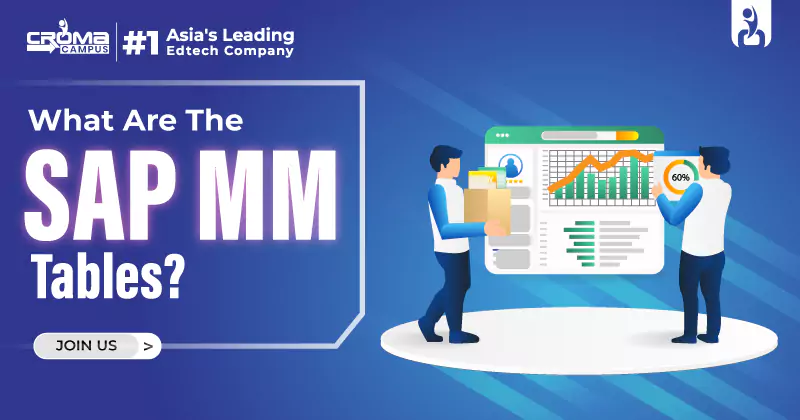
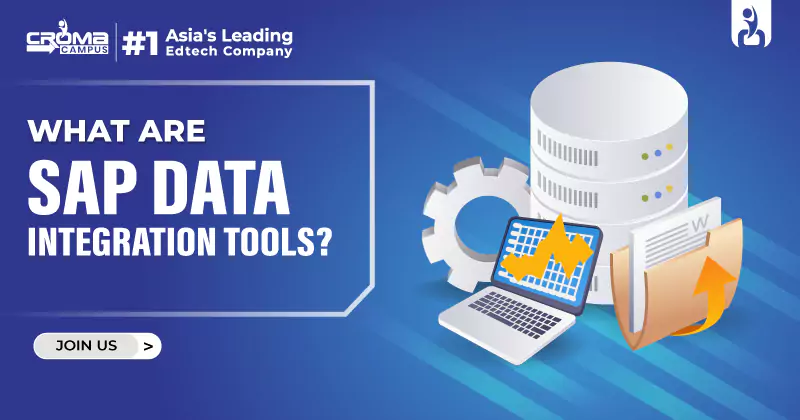
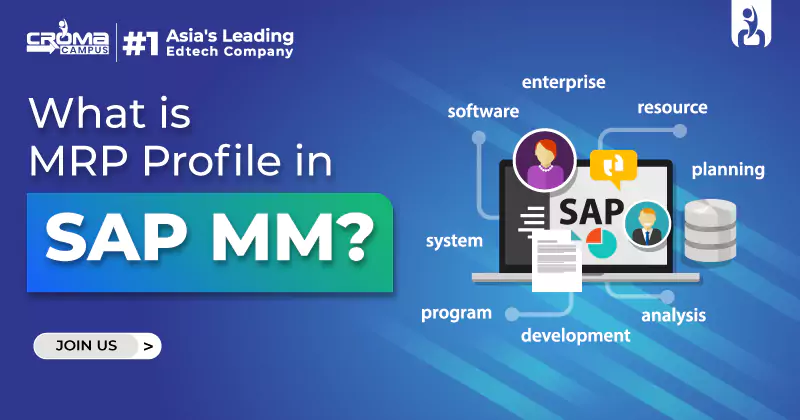
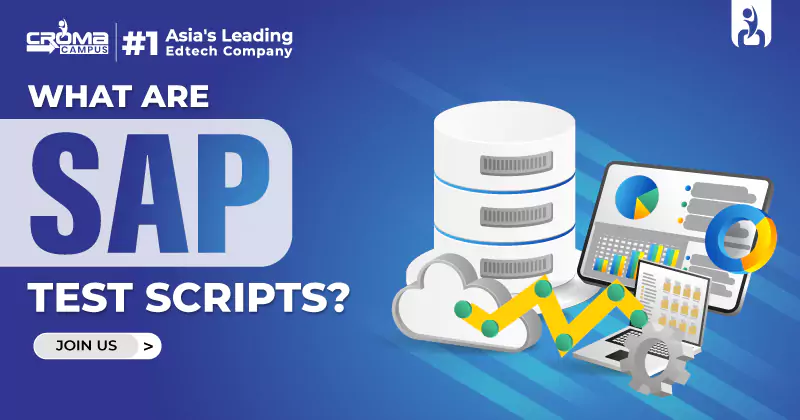
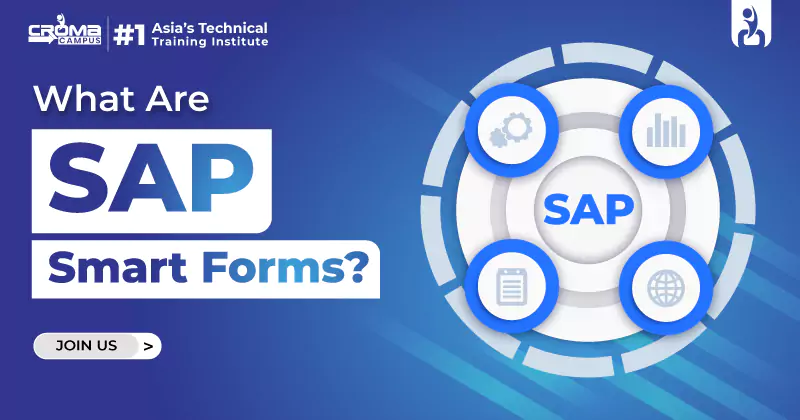
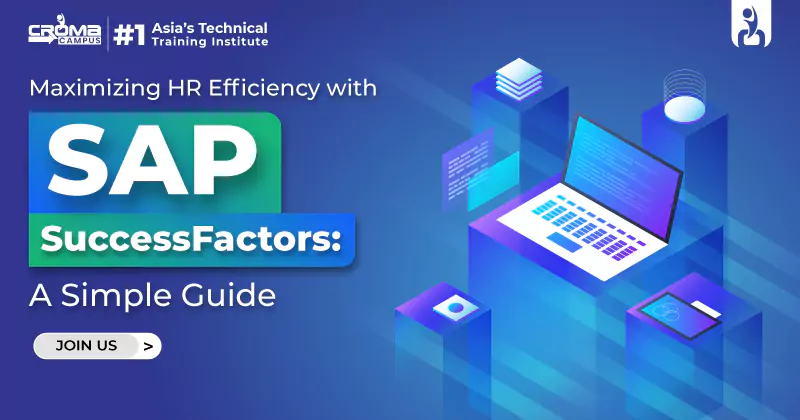
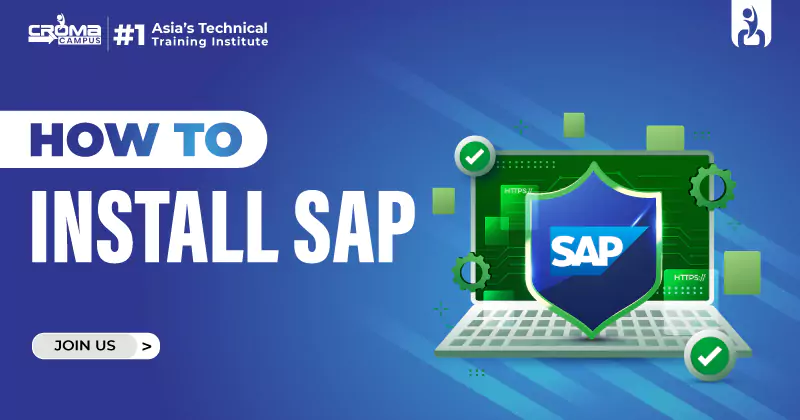
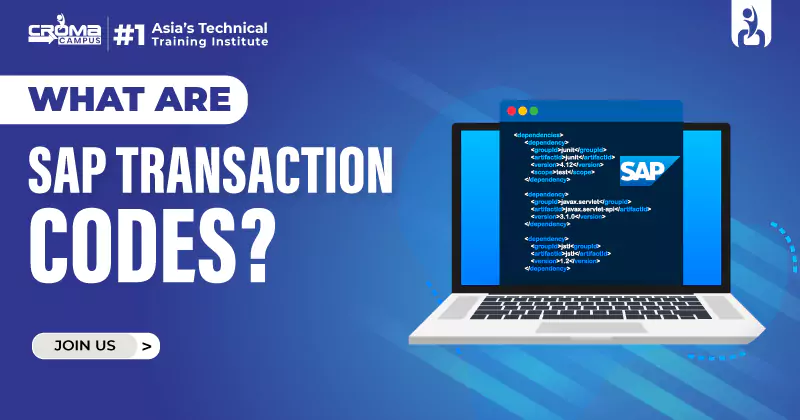
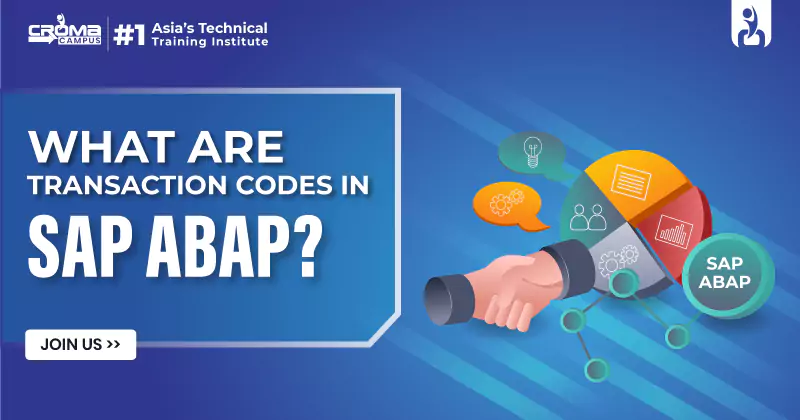
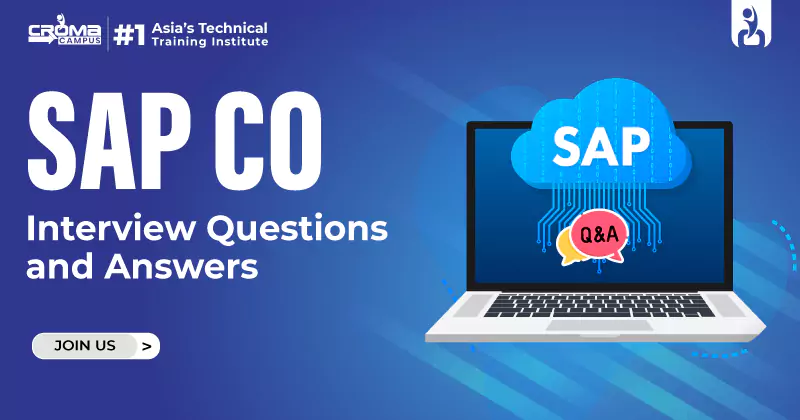
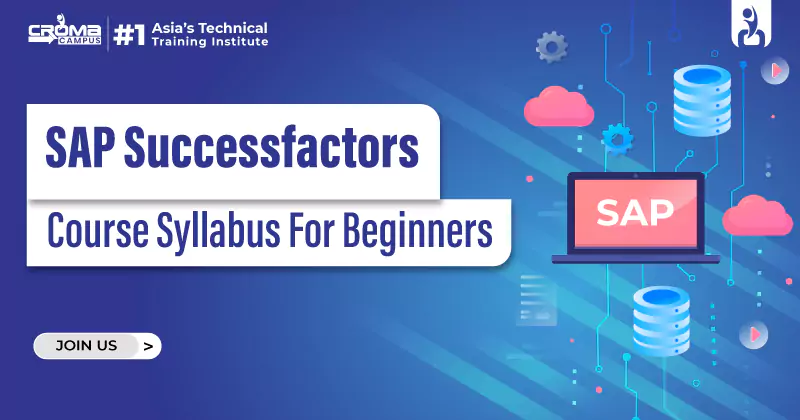
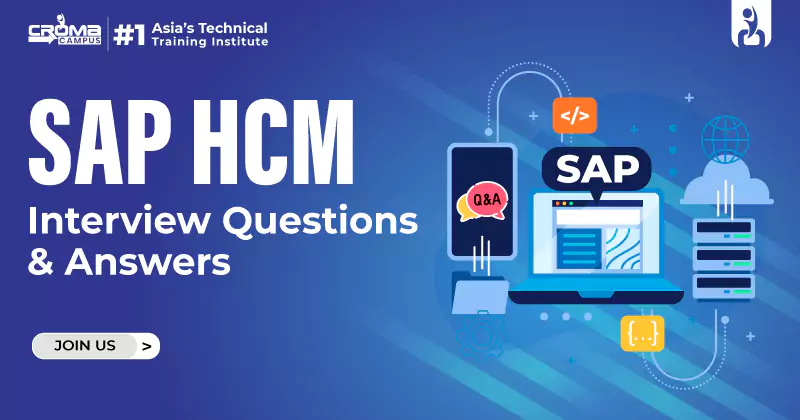










 Master in Cloud Computing Training
Master in Cloud Computing Training